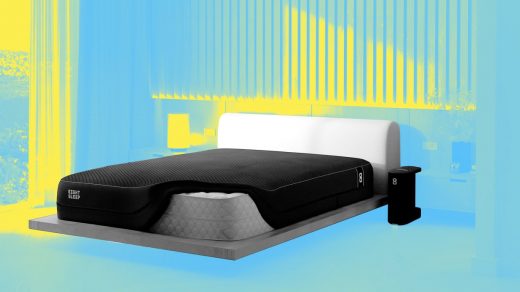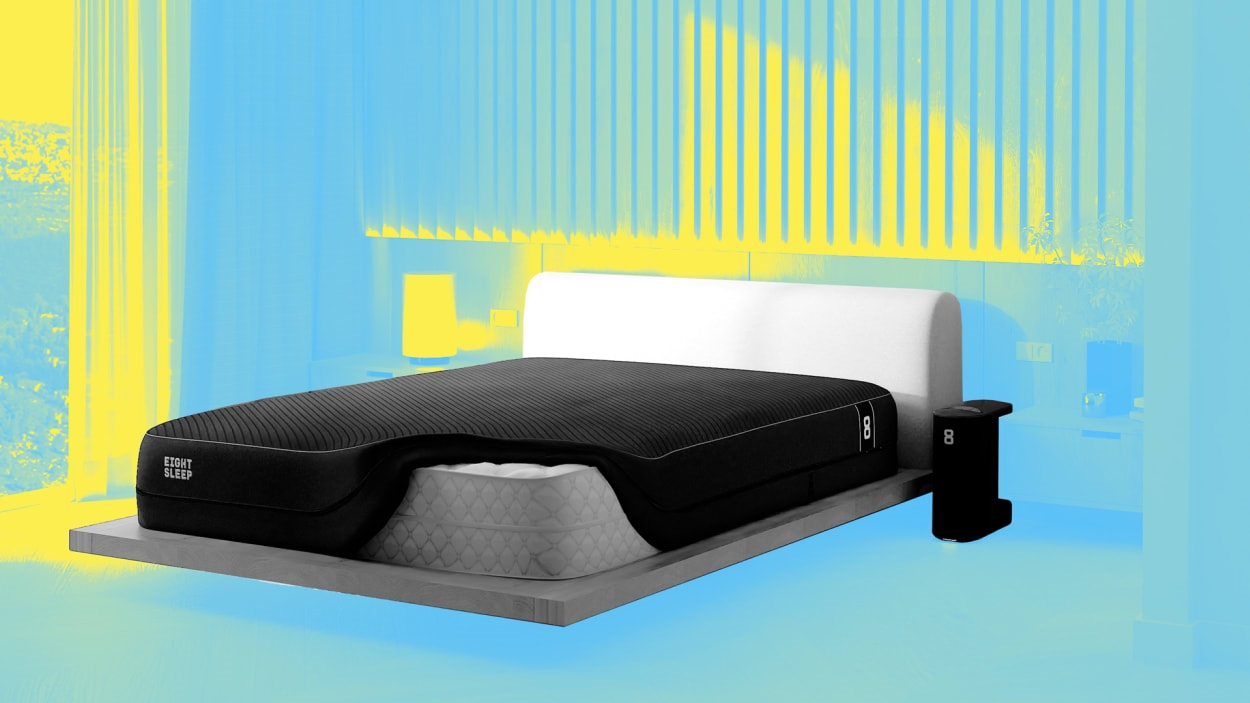How Eight Sleep is turning the mattress into a data hub
Can the answer to perimenopause relief be found in a mattress? The cofounders of smart mattress startup Eight Sleep seems to think so.
In a video clip that was released Wednesday at Fast Company’s Most Innovative Companies Summit, the company cofounders, Matteo Franceschetti and Alexandra Zatarain, talked about developing specific features for women who are about to enter menopause as they suffer from night sweats and hot flashes, among other ailments. “They’re some of the most avid users of our product and they share amazing stories with us, so it is a demo that we’ll be speaking to more,” Zatarain, who works as the vice president of brand and marketing, said during the panel. “We’re seeing some really exciting things and what our product can do because of that temperature regulation.”
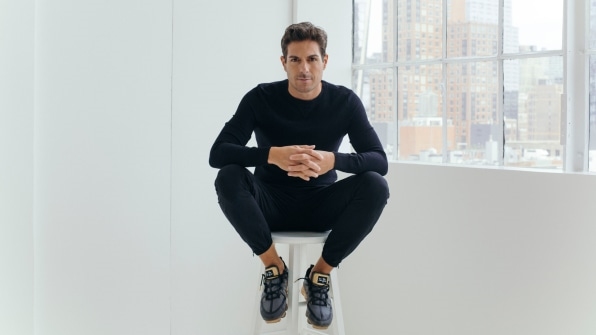
The New York-based company, which ranked No. 43 on this year’s Most Innovative Companies list, has to date raised more than $162 million, according to Crunchbase.
Eight Sleep’s mattress, which starts at $3,095, uses water and hydrogen peroxide to cool the bed. Customers also have access to features like automatic temperature regulation, sleep stage, and health tracking, and a gentle vibration that can substitute for an alarm clock. The company also sells a mattress cover starting at $2,195 that brings over much of that same technology and can be retrofitted on nearly any mattress.
Eight Sleep uses the data collected overnight to determine any tweaks a person can make so that a consumer can optimize their sleep.
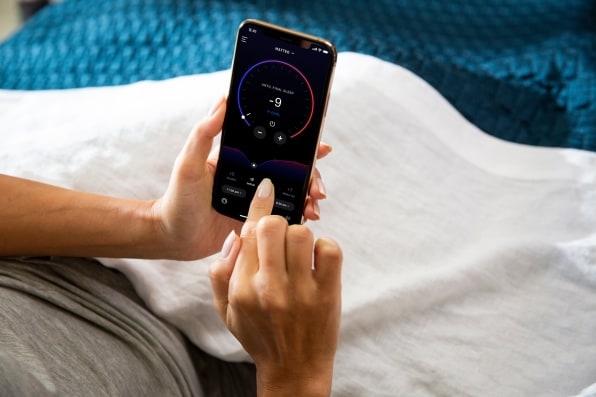
Eight Sleep’s work with people going through perimenopause or menopause could ultimately help women overall, Zatarain said. “We’re also uncovering so much of what we can do for all of us women that are going through a hormonal cycle,” she said. “We have fluctuations in our temperature, which affects our sleep through every single single week of the month, of every single month of our lives, so it’s just tremendous what we could do if we start personalizing that temperature.”
The technology is part of a broader advancement of sleep innovation in recent years, Jamie Zeitzer, professor of psychiatry and behavioral sciences at Stanford University, said during the panel.
“One of the key things that’s really been happening is that as technology has gotten smaller and more advanced, is that instead of just recording sleep on one night, it’s feasible to record it on multiple nights,” said Zeitzer. “You can’t just take one night of data and say, ‘here’s how we fix your sleep.’ We have to look at how someone sleep changes night-to-night.”
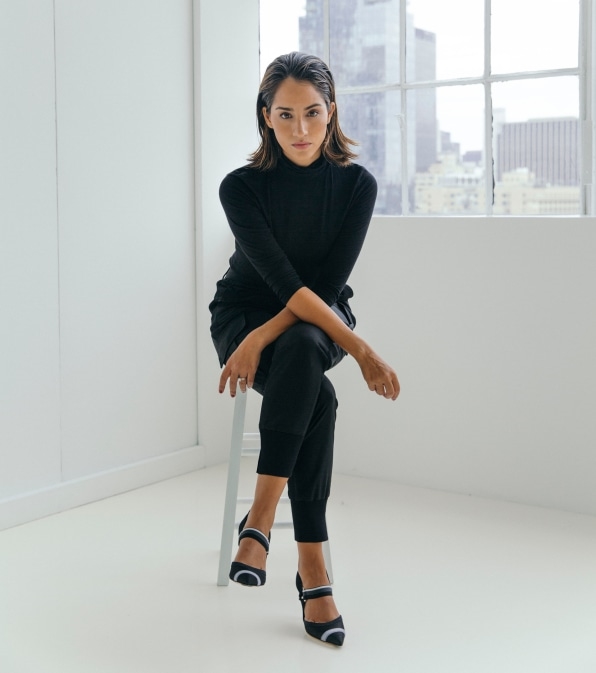
Eight Sleep’s technology isn’t yet FDA approved, but the founders hope its tech can serve as a starting point for users to gain more insights about their health. “In our backend, we already can detect certain things like potential sleep apnea without you wearing anything,” said Franceschetti, the cofounder and CEO. “We cannot tell you, and we are not doctors, but the idea is to leverage our data so in the future doctors can have an immediate picture of what is happening in your sleep.”
(20)

